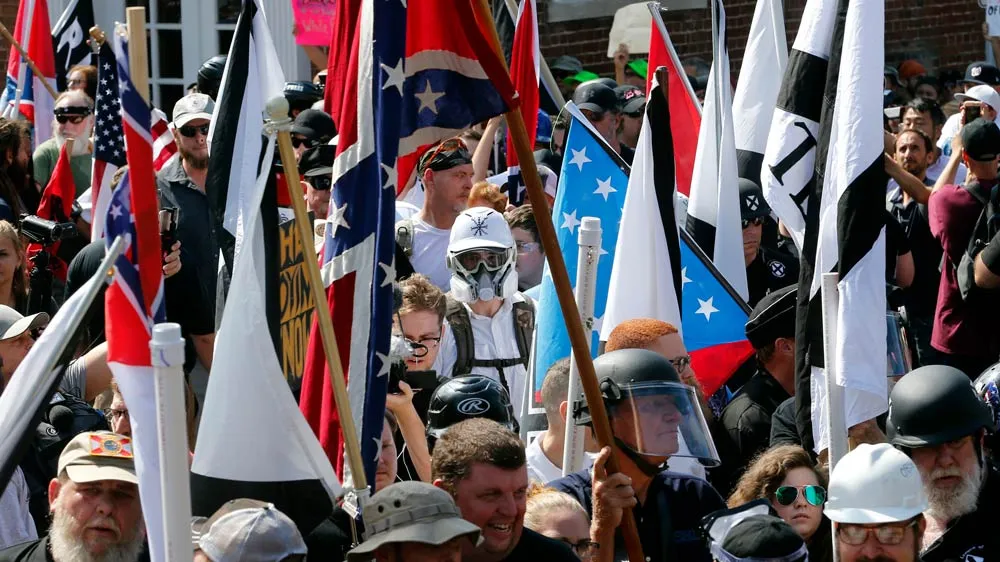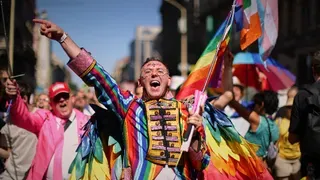March 29, 2021
Catholic Bishops Opposed Suicide Hotline Because It Helped LGBTQ People
Kilian Melloy READ TIME: 2 MIN.
The U.S. Conference of Catholic Bishops opposed a 2019 bill that created the National Suicide Hotline because the legislation also sought to prevent LGBTQ suicides.
The National Suicide Hotline Designation Act "allocated funding to LGBTQ+ suicide prevention programs in addition to creating a national, toll-free suicide hotline," recounts Insider.
"The organization, an assembly of Catholic bishop leadership, opposed the legislation behind the scenes and attempted to prevent it from passing," the article reports.
That opposition was part of a larger pattern of obstruction that targets action intended to help LGBTQ people at risk, reports said.
Insider cited LGBTQ Nation as reporting that "the U.S.C.C.B. used the same logic to oppose the 2013 Violence Against Women Act, which would provide more funding to prosecuting cases of violence against women."
"These two classifications are unnecessary to establish the just protections due to all persons," Insider quoted the bishops as saying in a statement. "They undermine the meaning and importance of sexual difference."
The group stated legal attempts to protect transgender people "falsely present... 'gender' as a social construct."LGTBQ Nation further noted that the bishops oppose the Equality Act, which "would amend federal civil rights law to include prohibitions for discrimination on the basis of sex, sexual orientation, and gender identity in employment, housing, public accommodations, education, federally funded programs, credit, and jury service."
Moreover, the U.S. Conference of Catholic Bishops spoke against the Employment Non-Discrimination Act and the Fairness for All Act, the latter of which LGTBQ Nations describes as "legislation promoted by Republicans that would provide some nondiscrimination protections but with larger religious exemptions.
"That version is supported by the Church of Latter-day Saints, the Orthodox Union, and several other religiously affiliated groups," the article added.
"The bishops are only strengthening public suspicions that they aren't trying to protect religious beliefs as much as they seek a license for religious people to discriminate against LGBTQ people with impunity," it said.
Kilian Melloy serves as EDGE Media Network's Associate Arts Editor and Staff Contributor. His professional memberships include the National Lesbian & Gay Journalists Association, the Boston Online Film Critics Association, The Gay and Lesbian Entertainment Critics Association, and the Boston Theater Critics Association's Elliot Norton Awards Committee.






